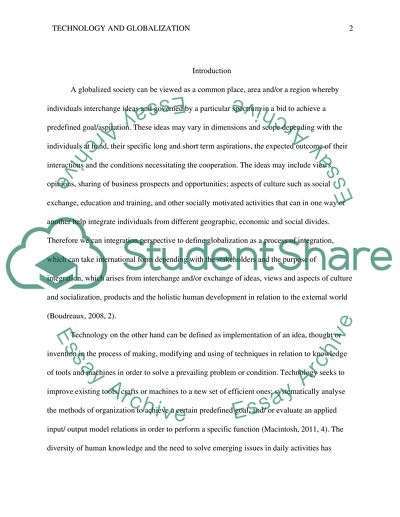Cite this document
(“Critically discuss the ways in which technology has made globalization Essay”, n.d.)
Critically discuss the ways in which technology has made globalization Essay. Retrieved from https://studentshare.org/geography/1491371-critically-discuss-the-ways-in-which-technology
Critically discuss the ways in which technology has made globalization Essay. Retrieved from https://studentshare.org/geography/1491371-critically-discuss-the-ways-in-which-technology
(Critically Discuss the Ways in Which Technology Has Made Globalization Essay)
Critically Discuss the Ways in Which Technology Has Made Globalization Essay. https://studentshare.org/geography/1491371-critically-discuss-the-ways-in-which-technology.
Critically Discuss the Ways in Which Technology Has Made Globalization Essay. https://studentshare.org/geography/1491371-critically-discuss-the-ways-in-which-technology.
“Critically Discuss the Ways in Which Technology Has Made Globalization Essay”, n.d. https://studentshare.org/geography/1491371-critically-discuss-the-ways-in-which-technology.


